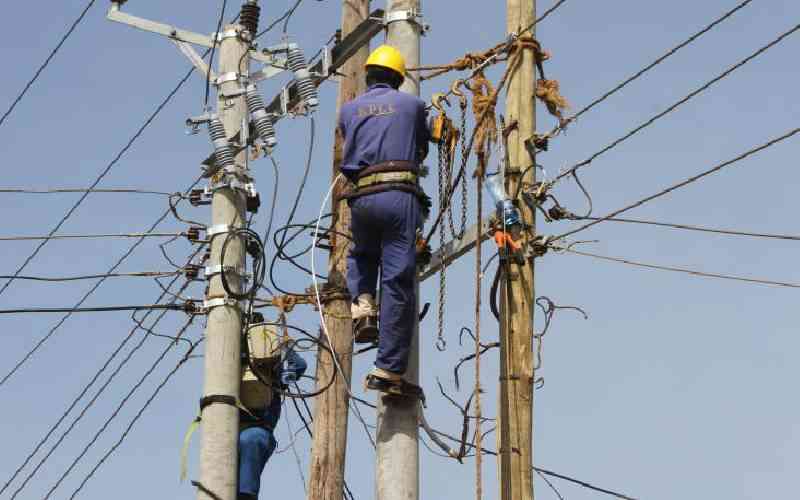×
The Standard e-Paper
Smart Minds Choose Us

President William Ruto faces the dilemma of whether to retain the cheap electricity subsidy placed by his predecessor Uhuru Kenyatta that cost the taxpayers Sh26 billion over a one-year period.
Financial Standard has learned the cheap power plan saw power utilities and the National Treasury under former President Kenyatta's regime contribute Sh26 billion to shield Kenyans from the high cost of power.